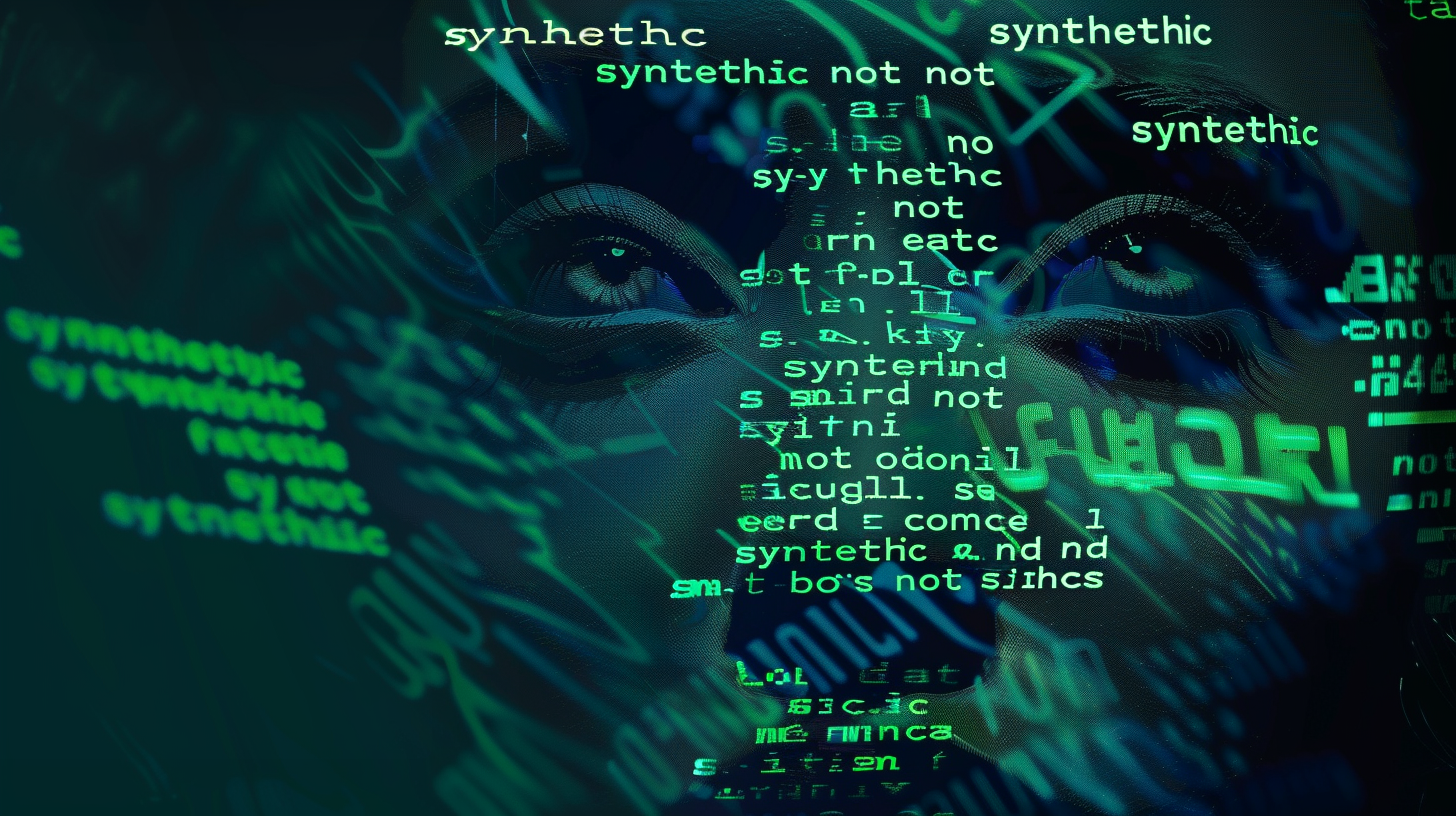DSA Meets Partner Companies: Interview with Daniele Panfilo, Aindo platform that generates synthetic data for AI development

Luca Lisci: Daniele, if you had to give a brief description of who you are and what you do, what could
you tell us about yourself?
Daniele Panfilo: Currently, I am the CEO and co-founder of Aindo. My background is in engineering with a focus on
data science. After completing my engineering degree in Rome, I pursued a master’s in
operational research in Maastricht, the Netherlands, specializing in AI. Post-studies, I
remained there to work as a data scientist for Medtronic’s research team, developing
pacemakers. My role was quite niche, involving the optimization of atrioventricular pacing to
resynchronize heartbeats using electrical impulses.
For a couple of years, I applied data science to optimize such processes. Then, I returned to
Italy for a brief stint in managerial consulting related to pharma with IQVIA. Subsequently, I
joined the Machine Learning and Big Data department of Allianz Alleanza Technology in
Trieste, a city I had never visited before. It opened a series of opportunities leading me to
where I am today.
While at Allianz Technology Alleanza, I won a doctoral scholarship and was given the
chance to pursue a Ph.D. in AI, collaborating with Alleanza Allianz Technology and the
University of Trieste’s Computer Science department. My work revolved around analyzing
signals from black boxes installed in vehicles to identify crashes and detect fraud. After
nearly four years and while still at Allianz Allianz, I launched Aindo in 2018.
The initial concept for Aindo was to offer AI consultancy, developing algorithms for the
pharmaceutical industry and investment funds, regardless of the industry. Our primary goal
was to generate revenue. However, we soon realized that beyond consultancy, creating a
product could be more beneficial. One of our significant challenges in AI adoption was data
accessibility. During my doctorate, I was working with generative models for entirely different
applications, which led us to the idea of generating synthetic data. Being artificial, it wasn’t
personal or private data but maintained the usefulness of real data – a clever mechanism for
‘anonymizing’ data, so to speak.
Winning a European accelerator contest, ranking first out of 500 and securing €100,000
equity-free for our technology, was a turning point. We were accelerated at the University of
Oxford’s Creative Destruction Lab and received a €3 million investment from Vertis. This
was the start of our product-focused startup journey. Last October, we closed another
investment round of about €6 million with United Venture and Vertis. Today, our team has
grown to almost 30 people. I’ve stepped away from programming – it’s been a couple of
years since I wrote a line of code. Instead, I handle strategy, sales, and the business aspect
of the startup, including fundraising.
Luca Lisci: Daniele, reflecting on the moment you realized synthetic data was the path to take, what
drove you to this specific challenge?
Daniele Panfilo: The challenge stemmed from an accelerator that presented industrial problems for startups
to solve with innovative solutions. A Belgian telecom company, OVH, needed to share statistical information without disclosing the actual data. That’s when we thought of using
generative AI models to synthesize real data. Initially, it was just an idea to win the contest.
However, as we progressed in the accelerator and stood a good chance of being among the
six winners, I wondered if anyone else was doing this. After some research, I discovered
startups like Mostly AI and Gretel, which confirmed the market’s need. It made us realize we
were on the right track, and competition in the market actually signaled potential.
Luca Lisci: How has the landscape changed since then, and what do you foresee in the near future?
Daniele Panfilo: The rise of AI in text and images has made frontier technologies more publicly accessible.
While the concept of synthetic data is not the final product, as no one wants synthetic data
just for its sake, it’s an enabler for other applications. It has garnered visibility and
competition. Our differentiator is being rooted in academic frontiers; we integrate research
into our platform, often leading to scientific publications.
The challenge has been finding the right use cases for our technology, which is often ahead
of regulatory and normative frameworks. We’ve gambled on hoping regulations would
eventually align with our technology. Fortunately, the European AI Act is validating our
approach. We’ve been betting on this when it was truly a risk, and now, we’re starting to see
the market’s solid validation.
Luca Lisci: In closing, any advice for those at the starting point of their journey, where a small opening
raises the question, “Maybe, Could I?…”
Daniele Panfilo: Just try it. You’ll never know until you do. Nothing happens; you don’t die. There are only a few things in life that are irreparable. When I resigned to start Aindo, COVID-19 hit, but within two months, we landed a contract. It was always about taking that chance and trying.
What’s the worst that can happen? You can always find a job or something to do. If you
believe in it, there’s no risk. Now, the responsibility feels more significant, but initially, if it
were just about me, I’d have found a way to survive. So go for it and don’t be afraid to fail.
People often avoid taking steps due to fear of failure, but that’s the only sure way to fail.
There’s always a chance it might just work out.
Visit the Aindo website at: https://www.aindo.com/.


